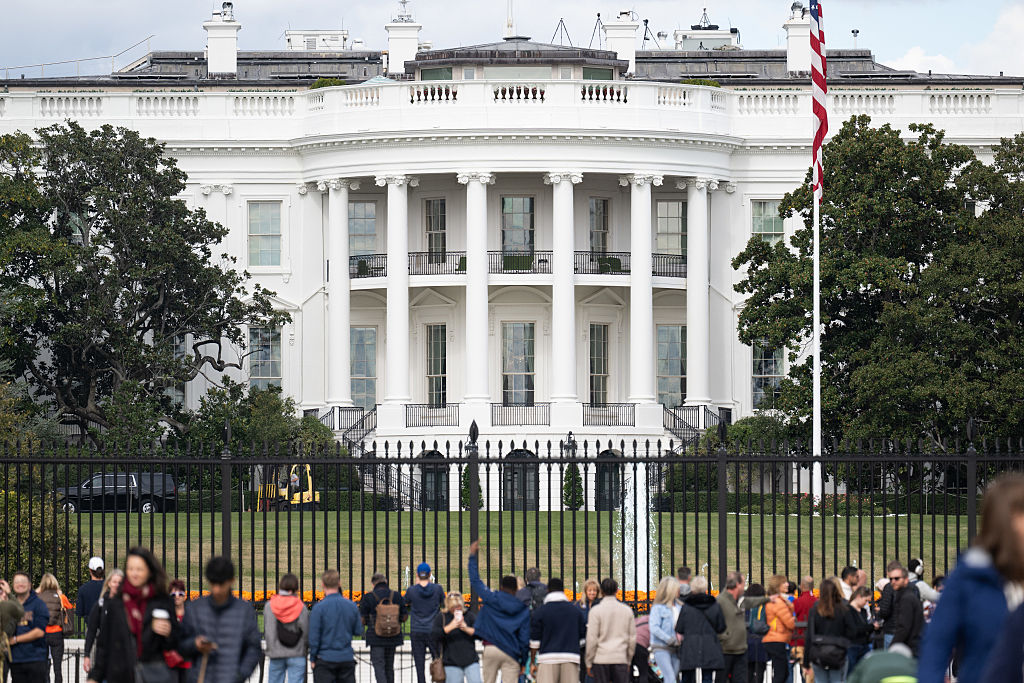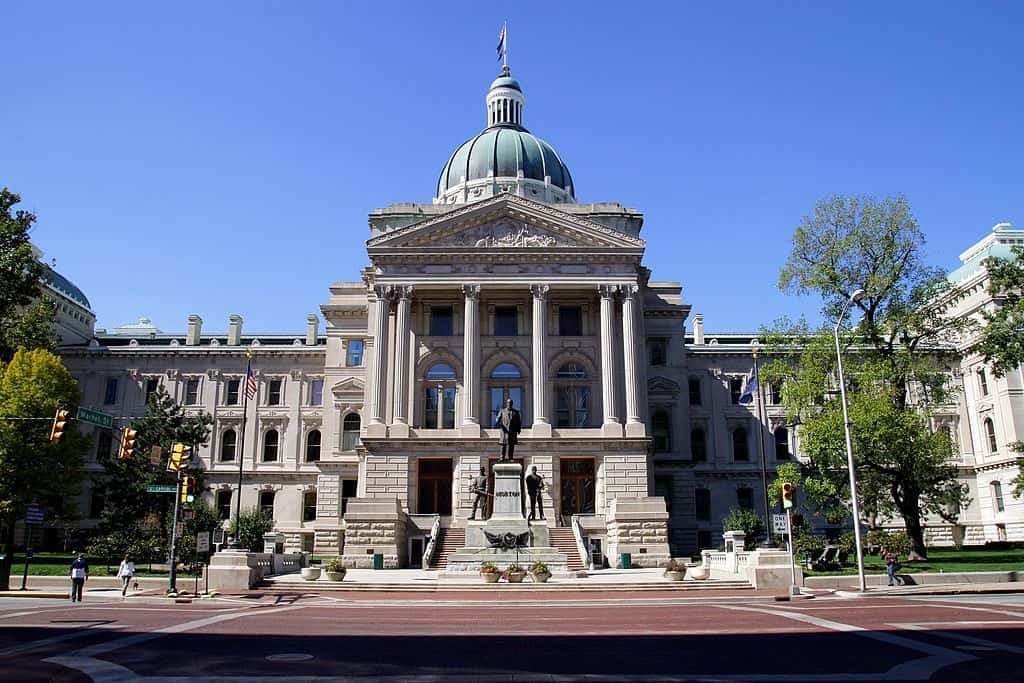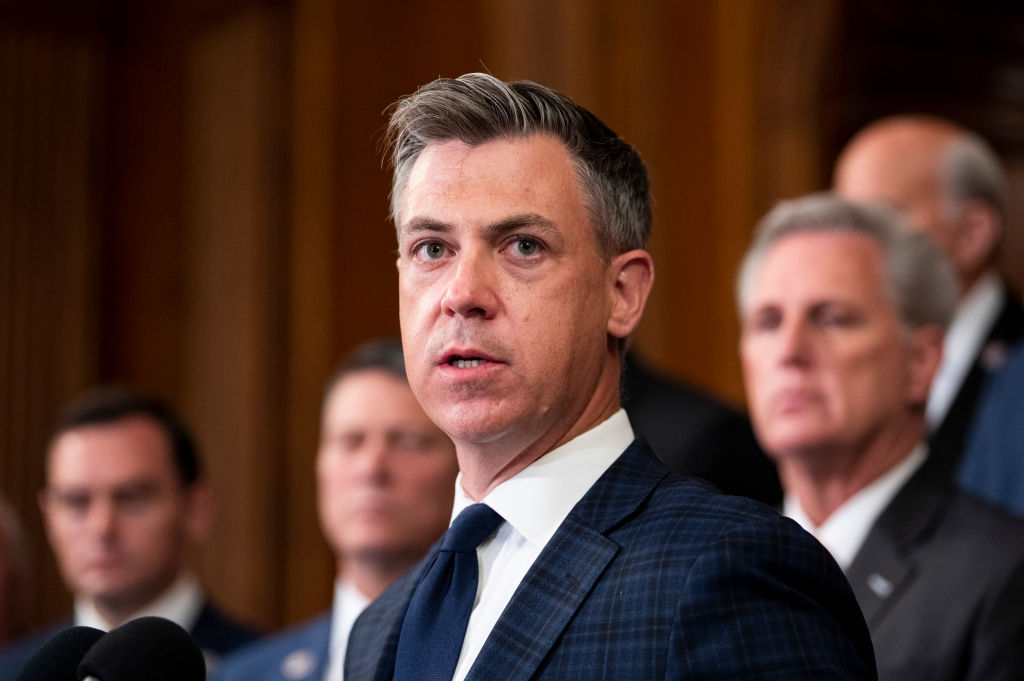Carson, Banks Indicate Little Progress in Shutdown Talks

INDIANAPOLIS— Congressman André Carson and Sen. Jim Banks both indicated to News 8 they don’t have high hopes for a shutdown breakthrough anytime soon.
Sunday marks 26 days since the federal government partially shut down due to Congress being unable to pass a budget bill for Fiscal Year 2026, which began Oct. 1. The shutdown is already the second-longest in American history. Senate Democrats have consistently blocked the spending plan from meeting the 60-vote threshold needed to pass that chamber because they want to extend pandemic-era expansions to tax credits for people who purchase health insurance through the Affordable Care Act marketplace.
Carson and Banks laid the blame for the shutdown at the feet of each other’s parties. Carson criticized House Republicans for not holding votes.
“Republicans are wanting to introduce, as we’re hearing, a stopgap measure. Votes are scheduled next week. Republicans have yet to call votes,” Carson said. “Democrats will be in Washington, D.C., working. But Republicans have yet to officially call a session.”
Banks attacked Senate Democrats for not voting for a continuing resolution to fund the government despite having done so in the spring.
“We’ve voted on this over a dozen times and we’re 55 votes. We need 60 votes to reopen the government,” Banks said. “Keep in mind that the House passed the spending bill five or six weeks ago, so this is really up to five more Democrats in the Senate joining a few who are voting for it.”
The shutdown is already having real-world consequences. Federal workers, 24,000 of whom live in Indiana, missed their first full paycheck on Friday. And over the weekend, the Trump administration announced next month’s benefits under the Supplemental Nutrition Assistance Program, or SNAP, formerly known as food stamps, will not be paid out. Due to differences in individual state payouts, Indiana has until Nov. 5 before its SNAP funding runs out.
Neither lawmaker told News 8 they had heard anything promising about potential compromises.
The shutdown does not affect Medicare, Medicaid, or Social Security because those are mandatory spending programs and the shutdown only affects discretionary spending. It also does not affect the United States Postal Service because that agency has its own independent revenue stream.















